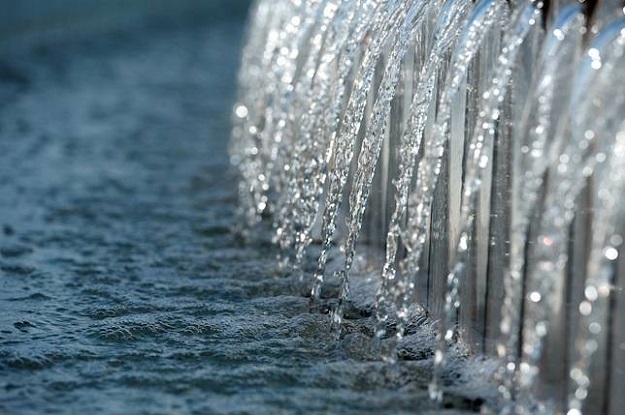
The water table depth in the central part of the city has fallen below 40 metres and is projected to drop below 70 metres in most areas by 2025. Therefore, if the present trend continues, the situation will become even worse by 2040.
These facts and figures were shared at the fifth session of the City-Wide Partnership organised by the World Wide Fund for Nature on Thursday. The aim was to bring together stakeholders from different backgrounds to discuss issues related to groundwater quality and availability in the city.
Tackling water security: Who owns the right to groundwater?
The session was held as a part of the project titled ‘International Labour and Environmental Standards (ILES) Implementation in Pakistan's Small and Medium Enterprises (SMEs). It was in collaboration with Pakistan Council of Research in Water Resources (PCRWR) and Irrigation Research Institute (IRI) and Irrigation Department, Government of Punjab.
A case study on River Ravi was also shared in the session. It highlighted issues around the basin such as ground and surface water quality deterioration, over-abstraction of groundwater, inequitable development leading to increased water stress and increase in waterborne diseases.
The stakeholders discussed and recommended solutions such as improvements in water allocations between surface and groundwater, increased levels of treatment for industrial and municipal effluent and improvement in environmental flows.
WWF-Pakistan Director General Hammad Naqi Khan said Pakistan is a water-stressed country which is nearing the threshold of water scarcity, while access to safe drinking water in rural and urban areas is declining. The provision of potable water is a key issue being faced by the people, he added.
He was of the view that the implementation of laws pertaining to industrial effluents generated from the textile and leather industries are very weak. “Industrial waste from these industries contains heavy metals such as copper, chromium, and nickel and as a result, a large number of people in major cities of the country do not have access to safe drinking water as freshwater resources are being contaminated due to multiple reasons.”
He stressed the need to ensure proper disposal of industrial solid and liquid waste. “The industries should ensure that the labourers are not exposed to harmful chemicals.”
Need for formal water policy at national level stressed
He added that the WWF-Pakistan is committed to protecting freshwater resources of the country and improving water access, efficiency, and allocation for people and the environment.
Pakistan Council of Research in Water Resources (PCRWR) Regional Director Zamir Soomro said that their organisation has been experimenting with rainwater harvesting models on a pilot scale and an artificial groundwater recharge could be a good option.
Irrigation Research Institute (IRI), Punjab Irrigation Department Director Ghulam Zakir Hassan said that the depletion of groundwater has become critical over the years and that the Groundwater Act may help in reviving supply.
Published in The Express Tribune, November 25th, 2017.

















COMMENTS
Comments are moderated and generally will be posted if they are on-topic and not abusive.
For more information, please see our Comments FAQ